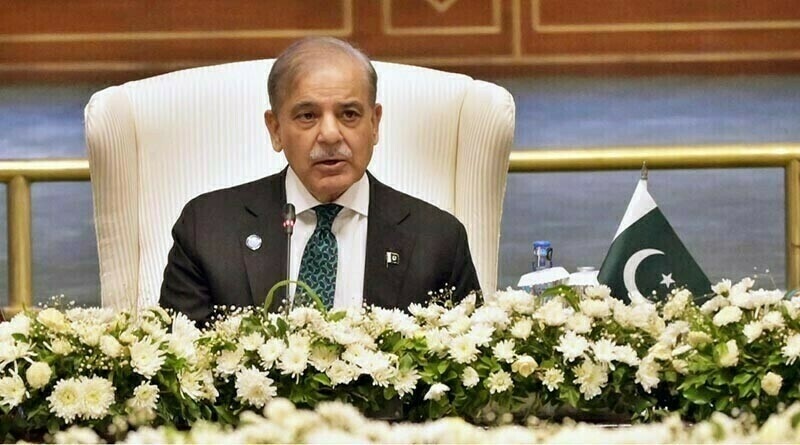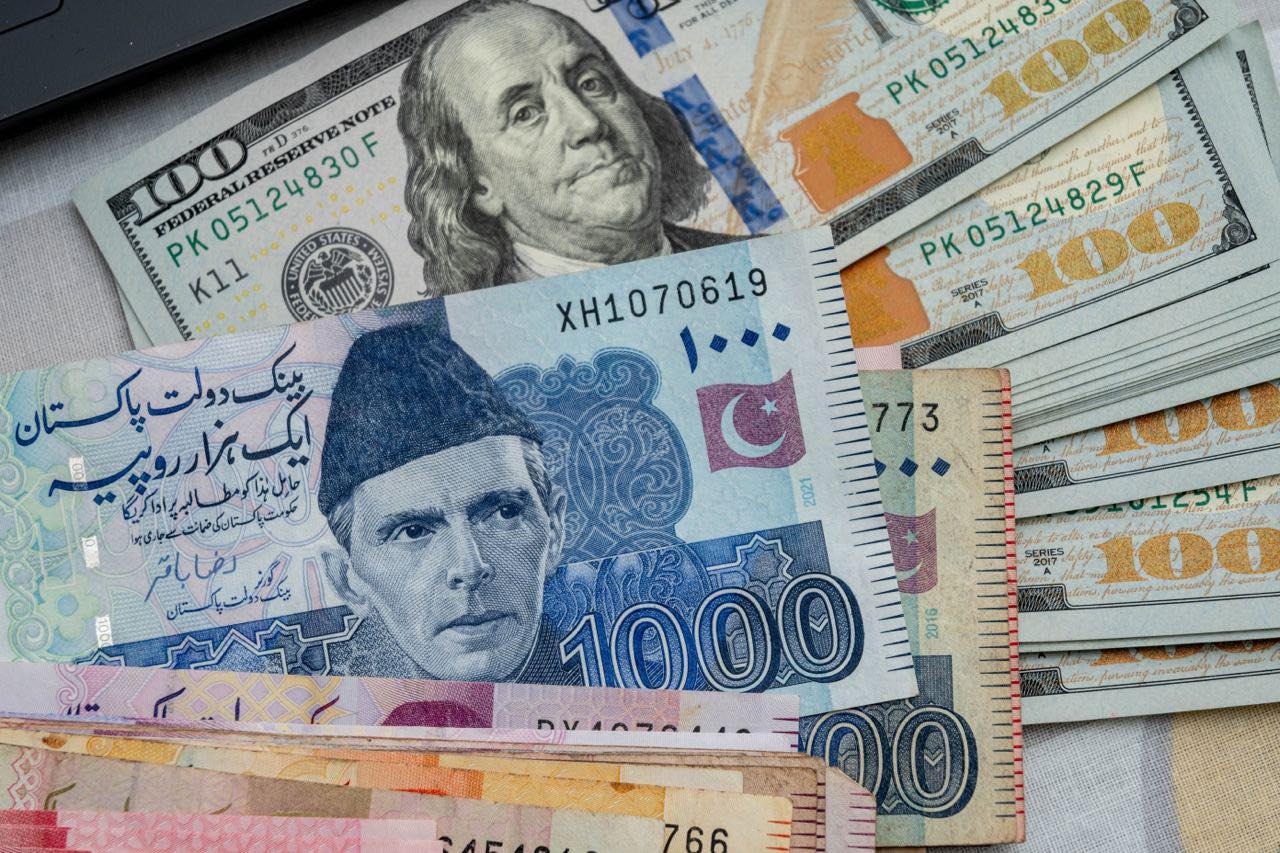Prime Minister Shehbaz Sharif has directed the Ministry of Commerce to establish specific targets, timelines, and a clear action mechanism to fast-track Pakistan’s longstanding goal of reaching $5 billion in annual bilateral trade with Turkiye, according to sources speaking to Business Recorder.
Despite multiple high-level commitments from both countries, actual trade volumes have remained below expectations, even after the Trade in Goods Agreement between Pakistan and Turkiye came into force on May 1, 2023. This agreement marked a significant milestone, offering preferential market access to each country across hundreds of tariff lines, yet tangible results have lagged behind.
Under the Trade in Goods Agreement, Pakistan secured preferential access to the Turkish market on 261 tariff lines, spanning traditional and non-traditional export sectors. These include:
Leather products
Basmati and non-basmati rice
Dates and mangoes
Cutlery and sports goods
Seafood
Processed agricultural products
Rubber tubes, tyres, plastics
Various engineering goods
In return, Turkiye received trade concessions on 130 tariff lines, which cover:
Black tea
Flavourings and processed food products
Industrial raw materials
Machinery parts
Electronic equipment components
This arrangement forms part of a medium-term strategic goal for both nations to enhance bilateral trade to $5 billion, supported by the Framework Agreement for a Free Trade Area, signed back in March 2016. This agreement highlighted mutual commitment to progressive trade liberalization, aiming to facilitate smoother market access and reduce tariff barriers.
During a high-level meeting on July 7, 2025, Prime Minister Shehbaz Sharif reviewed the progress of Pakistan’s economic relationship with Turkiye and issued a series of directives to various ministries and departments. These steps are intended to remove procedural bottlenecks and foster rapid advancement toward the $5 billion trade target.
Joint Ministerial Commission Meeting Rescheduled:
The Ministry of Commerce and the Ministry of Economic Affairs have been directed to bring forward the Joint Ministerial Commission meeting to August 2025, instead of the previously scheduled September 8–9, to speed up bilateral engagement.
Aviation Sector Collaboration:
The Ministry of Defence (Aviation Division) has been instructed to convene a focused meeting regarding the outsourcing of airports to a Turkish firm, highlighting opportunities for infrastructure collaboration.
Healthcare and Education Projects:
Pakistan’s Ambassador in Ankara has been tasked to follow up on PM’s earlier discussions with the Turkish President concerning a G2G agreement with a renowned Turkish consultancy firm for two major projects:
Jinnah Medical Complex
Danish University
Ship-Breaking and Energy Cooperation:
The ambassador will also pursue joint ventures in the ship-breaking industry, while Petroleum Minister Ali Pervaiz Malik will engage with a Turkish company on offshore and onshore oil and gas exploration in Pakistan.
Railway Connectivity Project:
The Ministry of Railways has been directed to maintain active coordination on the Istanbul-Tehran-Islamabad (ITI) Railway Project, a vital connectivity initiative under regional trade ambitions.
Education Sector Investment:
The Government of Azad Jammu and Kashmir has been asked to allocate 20 acres of land to the MAARIF Foundation—a Turkish education initiative—preferably in Muzaffarabad or alternatively in Mirpur, subject to Turkish approval.
Digital Cargo Tracking System with Turkish GIB:
Pakistan’s Ambassador in Ankara is also tasked with engaging Turkish firm GIB to finalize a G2G arrangement with FBR for developing a digitised cargo tracking system, a key tool for improving customs transparency and logistics tracking. The Advisor to PM will issue a formal communication in this regard.
National Shipping Coordination:
The Pakistan National Shipping Corporation (PNSC) is scheduled to deliver a detailed presentation to the Prime Minister, facilitated through the National Logistic Cell (NLC), after review by the Deputy Prime Minister.
While the Trade in Goods Agreement offers significant opportunities, the limited progress in expanding trade volumes indicates implementation delays and lack of follow-through. With the Prime Minister’s fresh push and enhanced coordination across ministries, Pakistan hopes to realize the full economic potential of its partnership with Turkiye.
The consistent involvement of the private sector, public institutions, and diplomatic channels will be critical in driving results. This comprehensive approach, if properly executed, can significantly expand export diversification, foreign direct investment, and bilateral cooperation in sectors such as logistics, education, infrastructure, and energy.




